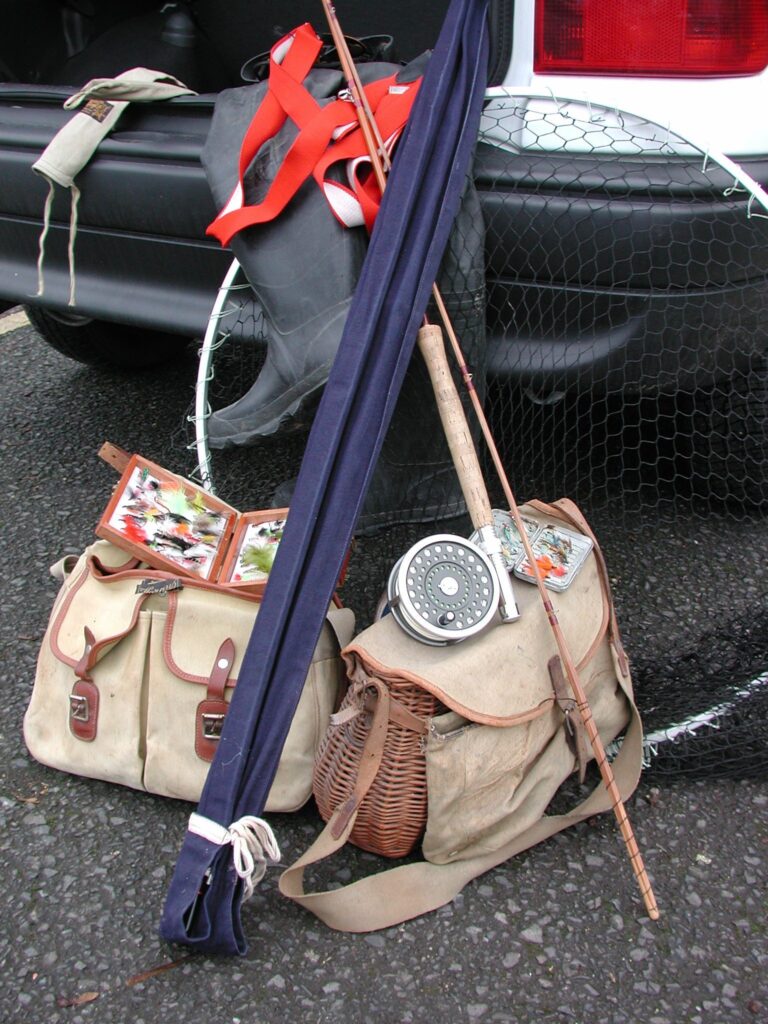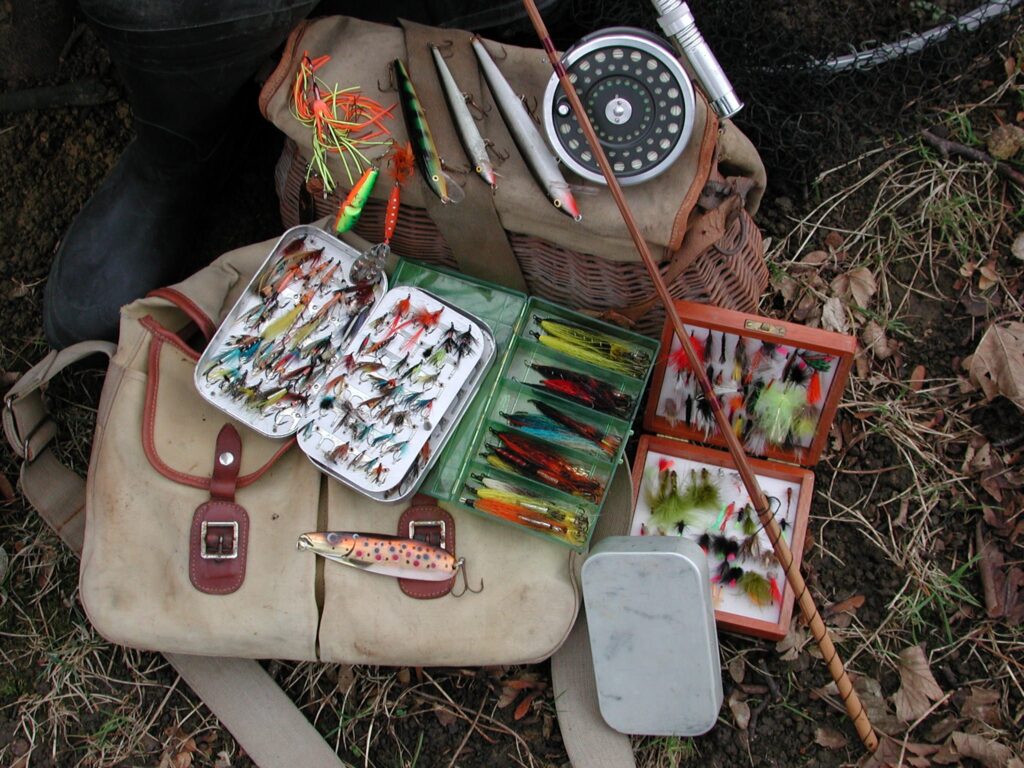Non-native species are those which are not native to an environment and usually introduced by human activity. Some live happily without upsetting the environment, but others have a competitive advantage and might be able to out-hunt, out-breed or otherwise impact the balance of the ecosystem – these species are known to be "invasive".
Each year, we mark Invasive Species Week to raise awareness of the impact these species can have on the environment and how people can help to spot them or stop their accidental or deliberate introduction.
Today's theme is Freshwater, and Debbie Murphy shares some tips on how we can ensure our hobbies avoid introducing any invasives.
Why we "Check Clean Dry"
The impacts of our modern lifestyles on the environment are popping up on our news feeds regularly and we are all starting to make small changes to help - plastic straws, bags, re-useable cups and bottles… but what about the impacts of our hobbies?

Ever been fishing on multiple rivers or lakes, how about kayaking or dingy sailing or wondered what happens to the millions of ornamental fish passing through pet stores? Have you ever pondered the impact these can have on the biodiversity of your local area?
People provide a fast track for invasive-species to jump from one location to another, sometimes intentionally but more often accidentally. Many of us are lucky enough to travel and some are able to combine this with hobbies, but at the end of a relaxing week fishing or boating could you be bringing more than memories back from your holiday?
Since 2010 several species of invasive shrimps and mussels have been identified in UK. These species originate from the Ponto-Caspian region (South East Europe) and have most likely arrived on fishing kit (eg. rods, keep nets and stink bags), dinghies or kayaks. What was until recently considered a 1 in 100 year risk but it is now considered around 1 in 10 year possibility and this is in a large part down to us travelling.
We can avoid transferring species on our kit by cleaning it before leaving a site so that all potential stowaways are left behind - this can include plants as well as animals. The Check Clean Dry campaign offers advice to anglers, boaters and paddlers on how to minimise the risk. Nobody wants to be responsible for introducing a fast-growing plant that makes their local fishing spot or boating lake unusable or causes fees to increase to cover the cost of control and eradication so remember to Check Clean Dry.

We’ll be posting more about invasive species over the week on our blog and on the @CefasGovUK twitter feed. Partner organisations will also be posting so you can follow along online @InvasivesSp or using the hashtag #InvasivesWeek. and think about the small actions you can take to protect the environment.